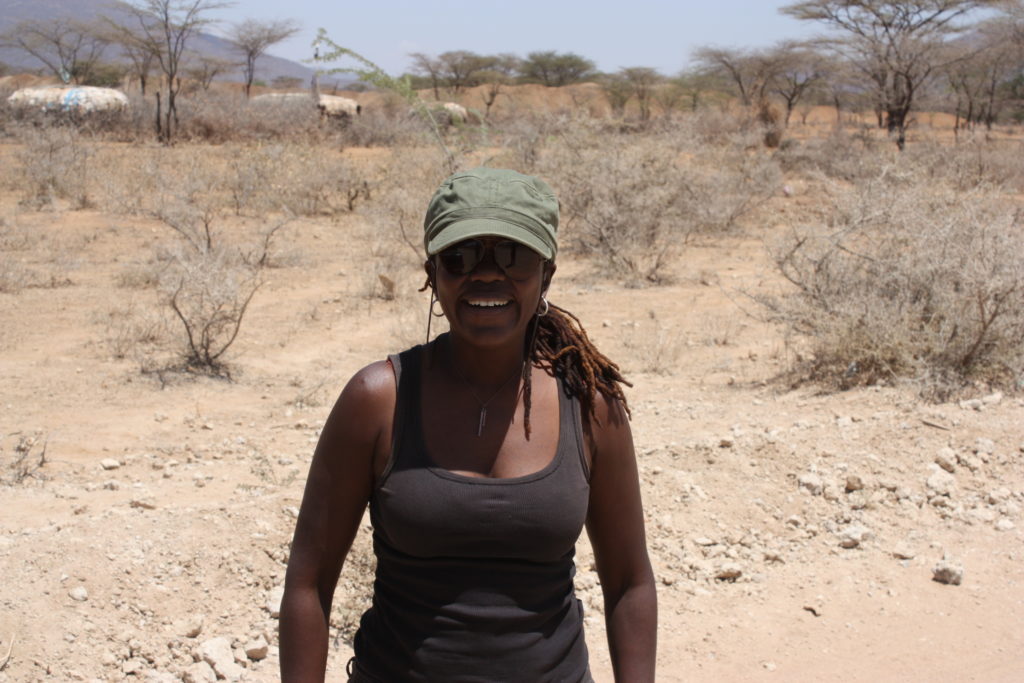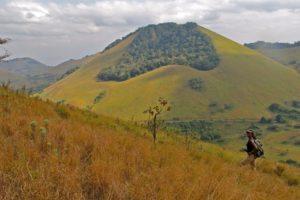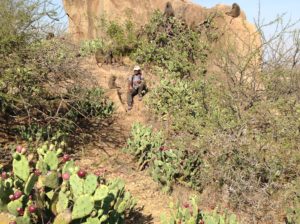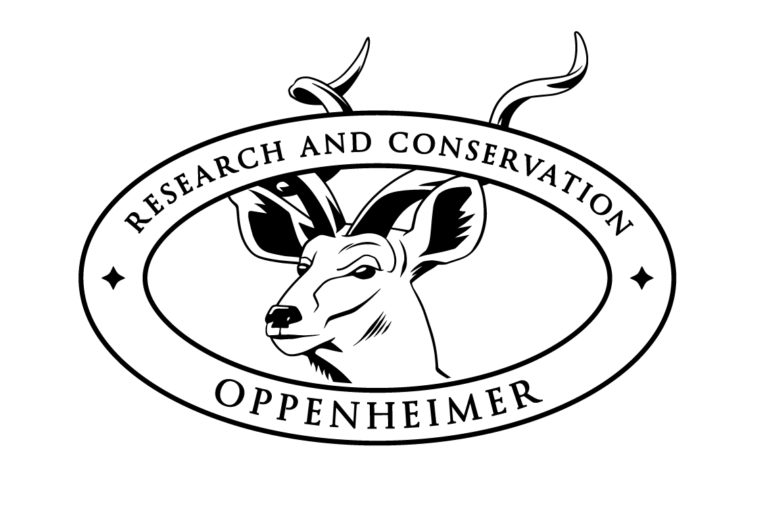My current research focuses on wildlife and human behavioural ecology to better understand the evolutionary and contemporary adaptive behavioural responses to environmental changes. This line of interest stems from previous research experience on evaluating the population dynamics of the endemic and endangered Tana River Red Colobus (Procolobus rufomitratus) and Tana River Crested mangabeys (Cercocebus galeritus), and evaluation of their habitat status. This background evolved towards carrying out biodiversity surveys on both the Chyulu Forest Hills ecosystems in South-Central Kenya as well as carrying out extensive small mammal surveys integrated with externally sourced large mammal aerial surveys on the Laikipia ecosystem (North-central Kenya) to evaluate anthropogenic impacts on wildlife, and evaluation of ecosystems services to guide biodiversity conservation strategies for these regions in Kenya.
Over the last five years, I have also been coordinating a NAS-USAID funded project with a multidisciplinary team of collaborating scientists from the Smithsonian, Kenya Wildlife Service and the National Museum of Kenya to examine the interrelationship between climatic changes and diverse land-use systems (NDVI) and their influence on small and large mammal diversity and prevalence of zoonotic diseases in Laikipia, North-central Kenya. This project is also ultimately designed to integrate our disease ecological scientific data with local based knowledge to formulate and inform policies towards the management of diseases ecology and conservation of the rich mammal diversity for ecotourism and livestock-based livelihoods for local pastoralists and commercial ranching communities to build human-environmental resilience in this region. My postdoctoral research in the biodiversity-rich Chyulu Hills Ecosystem (CHE) over the last three years aims to better understand both the Maasai (West CHE) and Kamba farmers (East CHE) differential adoption of livelihood mechanisms in response to environmental shocks wrought by climate change (e.g., drought, water scarcity) and anthropogenic induced shocks from evolving historical trajectories of biodiversity conservation policies (e.g., evictions, restricted access to forest resources). This information will be designed to promote various forms of community, private-partnership engagements to co-produce an integrated scientific-local based knowledge to promote local livelihoods and biodiversity policies to build on both social and ecological resilience for the CHE. The impact of both these above-described research studies on the well being of these regions have yet to be evaluated over the long term.
https://www.sfu.ca/sustainabledevelopment/









